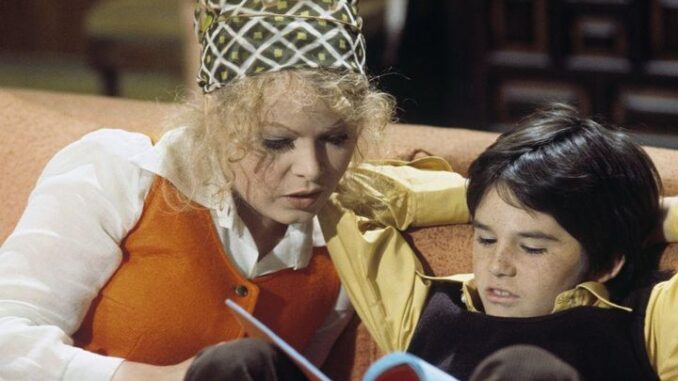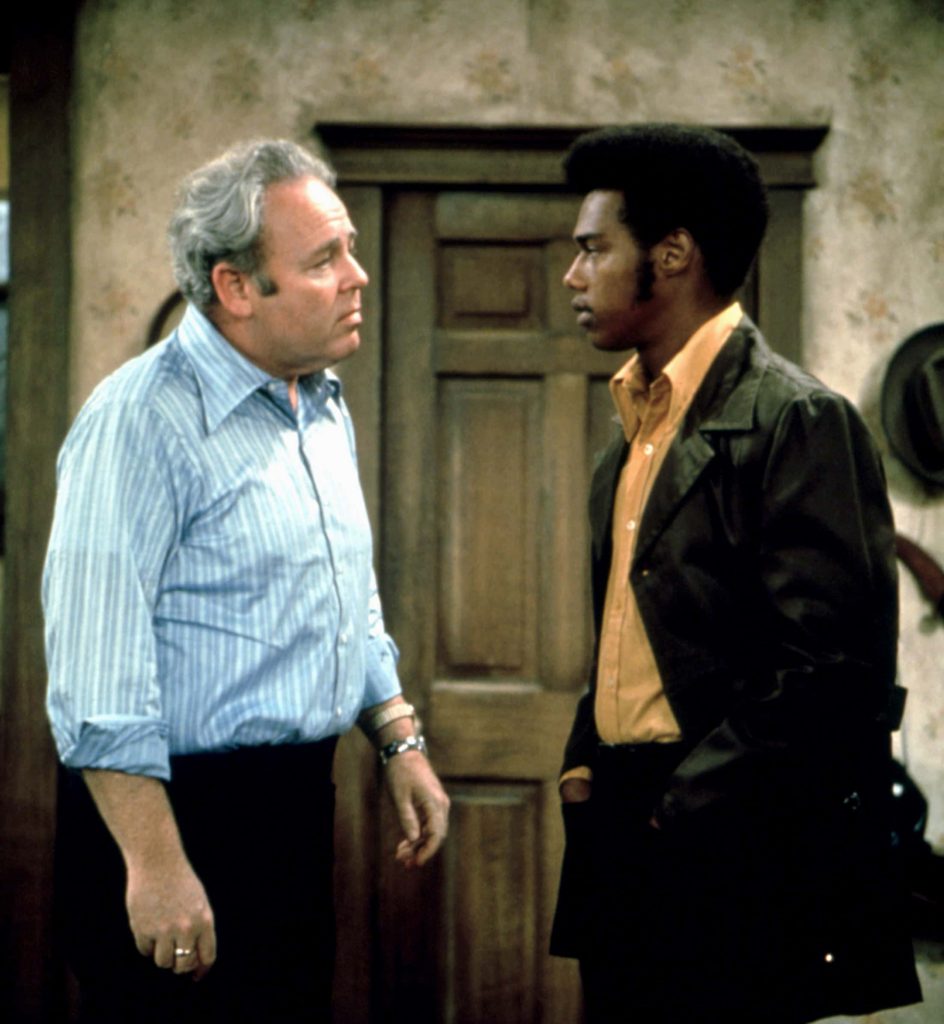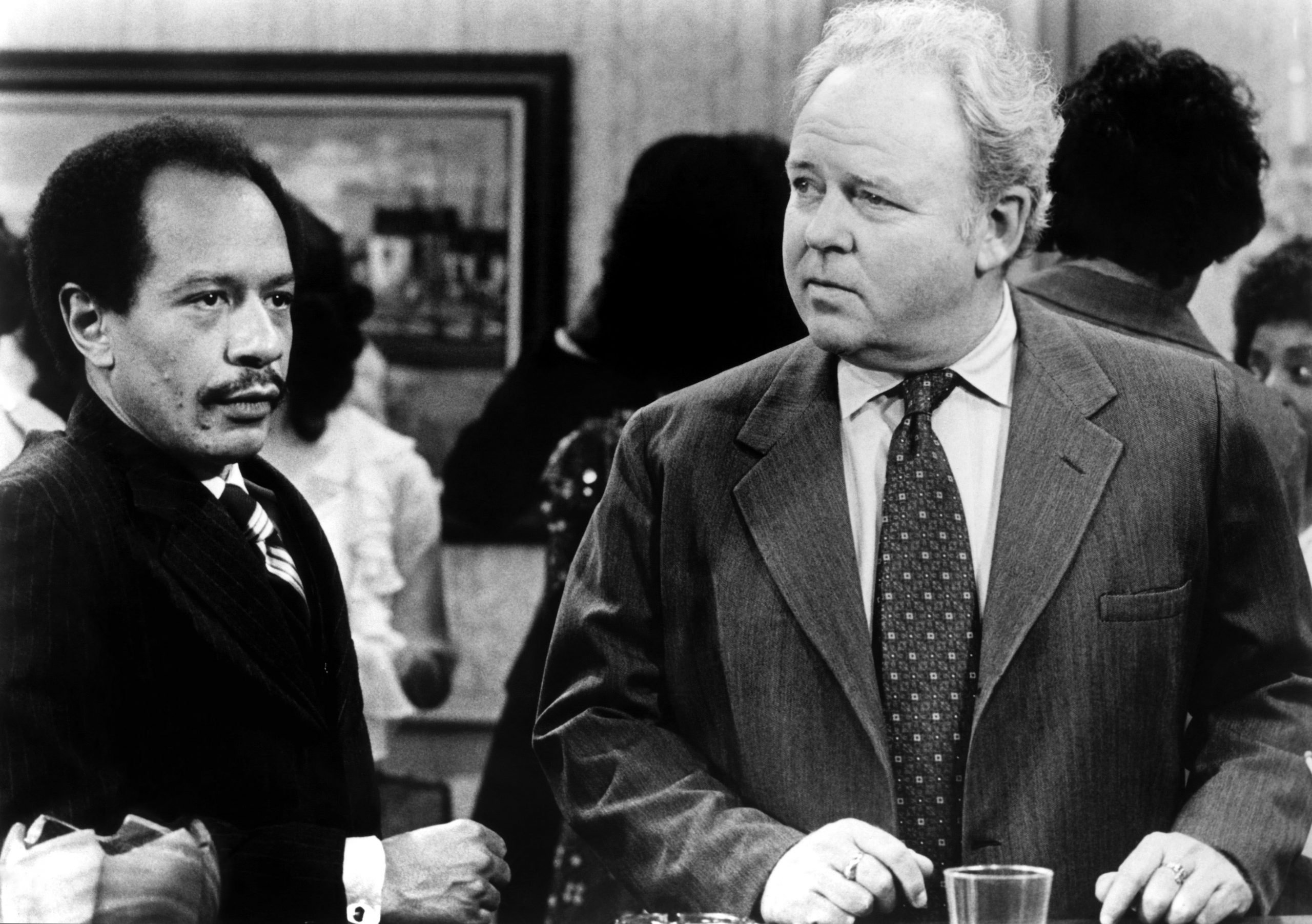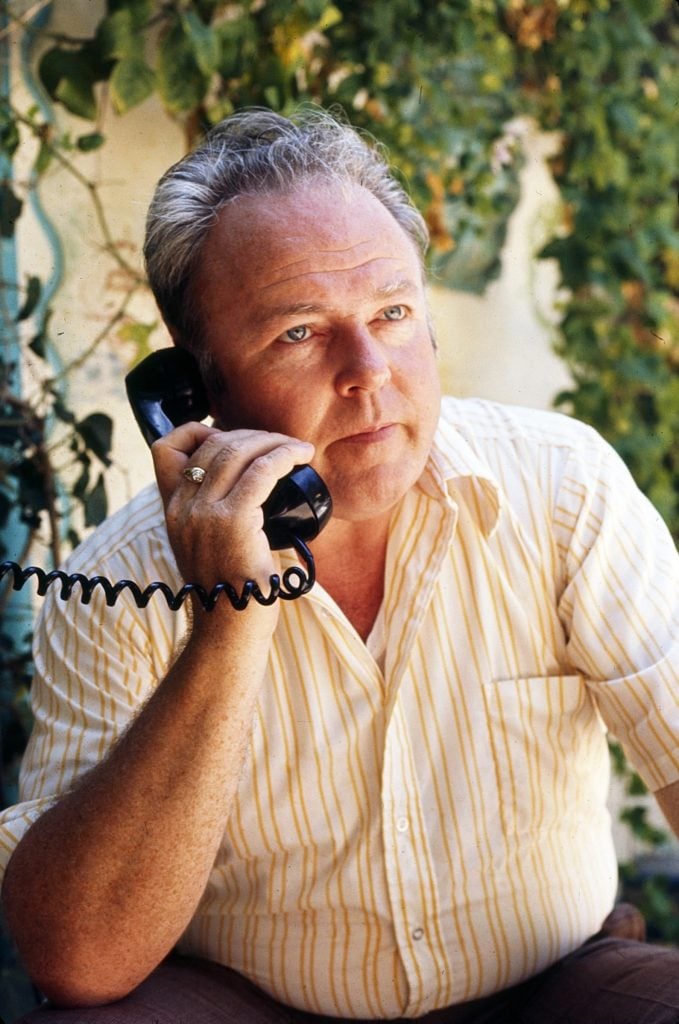
When it comes to iconic television roles, Carroll O’Connor as Archie Bunker stands out as one of the most memorable. Yet the actor, known for his profound ability to inhabit the character, had concerns about how closely audiences identified with Archie, a character defined by bigotry and ignorance.
A Perfect Match
Norman Lear, the creator of All in the Family, believed that O’Connor embodied Archie Bunker in ways that transcended mere performance. “He was Archie Bunker,” Lear stated. “The minute he read those lines, that’s who Archie Bunker was.” O’Connor’s connection to the role was profound, but he was wary of the implications of such a close association with a character who represented a problematic aspect of American society.
Understanding Archie
O’Connor recognized that Archie was not a heroic figure; rather, he was a “loser” and a product of his environment. In a 1972 interview with The Los Angeles Times, he described Archie as a reflection of many conservative Americans, who often adhered to outdated beliefs without understanding their origins. “Archie is a victim, too — of his own education and background,” O’Connor remarked, emphasizing that the character’s prejudices were ingrained from an early age.
Despite Archie’s popularity, O’Connor was hesitant to celebrate the character. He acknowledged that while viewers enjoyed watching him, they likely wouldn’t want him as a friend. This complexity added depth to the show, allowing for a nuanced exploration of societal issues.
The Dangers of Popularity
As Archie’s popularity surged, O’Connor found himself increasingly concerned about the real-life implications of that popularity. “I hope there isn’t a little of Archie in everyone,” he expressed, acknowledging the troubling nature of such identification. He feared that some viewers might see Archie’s views as justifiable, rather than recognizing the character’s inherent flaws.
The rapid embrace of Archie Bunker by parts of the public surprised O’Connor. He noted, “The public is beginning to forget Carroll O’Connor and think only of Archie Bunker,” illustrating the fine line between actor and character.
The Challenge of Perception
O’Connor faced challenges in how the public perceived him, often being approached as “Archie” in public settings. He understood that Archie was a bigot, not in a philosophical sense, but as a reflexive figure who lacked awareness of his own ignorance. “I know a lot of Archies. He’s a composite of a half-dozen men I know,” he said, reflecting on the character’s realism.
In discussions about the show, O’Connor confronted those who took offense. He explained that the intention was to expose and ridicule Archie’s prejudices, rather than endorse them. “We’re making a fool out of Archie Bunker,” he emphasized, believing the comedy could serve as a critique of bigotry.
Conclusion
Carroll O’Connor’s portrayal of Archie Bunker remains a landmark in television history, intertwining humor with serious social commentary. While he successfully embodied the character, he also understood the responsibility that came with it. O’Connor’s insights into Archie’s nature highlight the complexities of representation and the potential consequences of audience identification, ensuring that All in the Family remains relevant in discussions about race, class, and identity today.
